
The following LitHub article was from last month, but it is a fantastic look at the iconic villains of literature:
https://lithub.com/the-best-villains-in-literature-bracket/

The following LitHub article was from last month, but it is a fantastic look at the iconic villains of literature:
https://lithub.com/the-best-villains-in-literature-bracket/

Book mail
This fabulous edition of John Milton's epic poem came in the mail a few days ago.
The illustrations by Gustave Dore are spot on.
When I purchased this huge tome, I didn't realize the actual size of the book. A pocket book it's not... 🙄😆
But I'm glad I got it, all the same.
I probably won't start this baby for a few weeks until I finish up some of the multitude of books I've started.
#bookmail #poetry #epicpoems
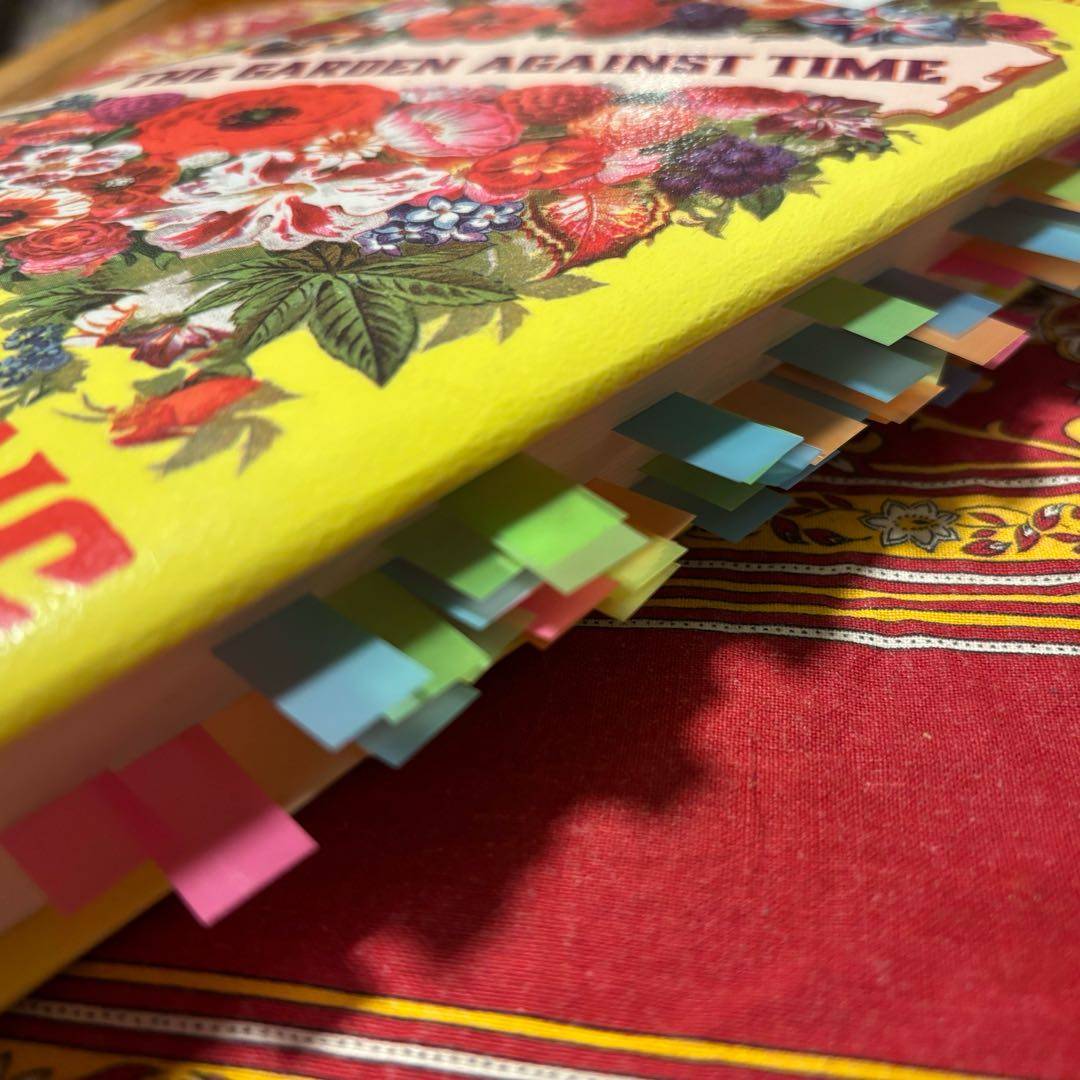
Nonbinary British writer Olivia Laing‘s experience of renovating a garden in Suffolk is entwined with an exploration of the role of gardens in history & in particular their connection with sociopolitical issues. The role of gardens in the lives of queer folk during a time when it wasn‘t good to be gay, the therapeutic effect of gardens to this day, the lush botanical language: there‘s so much that I love about this book! #LGBTQ
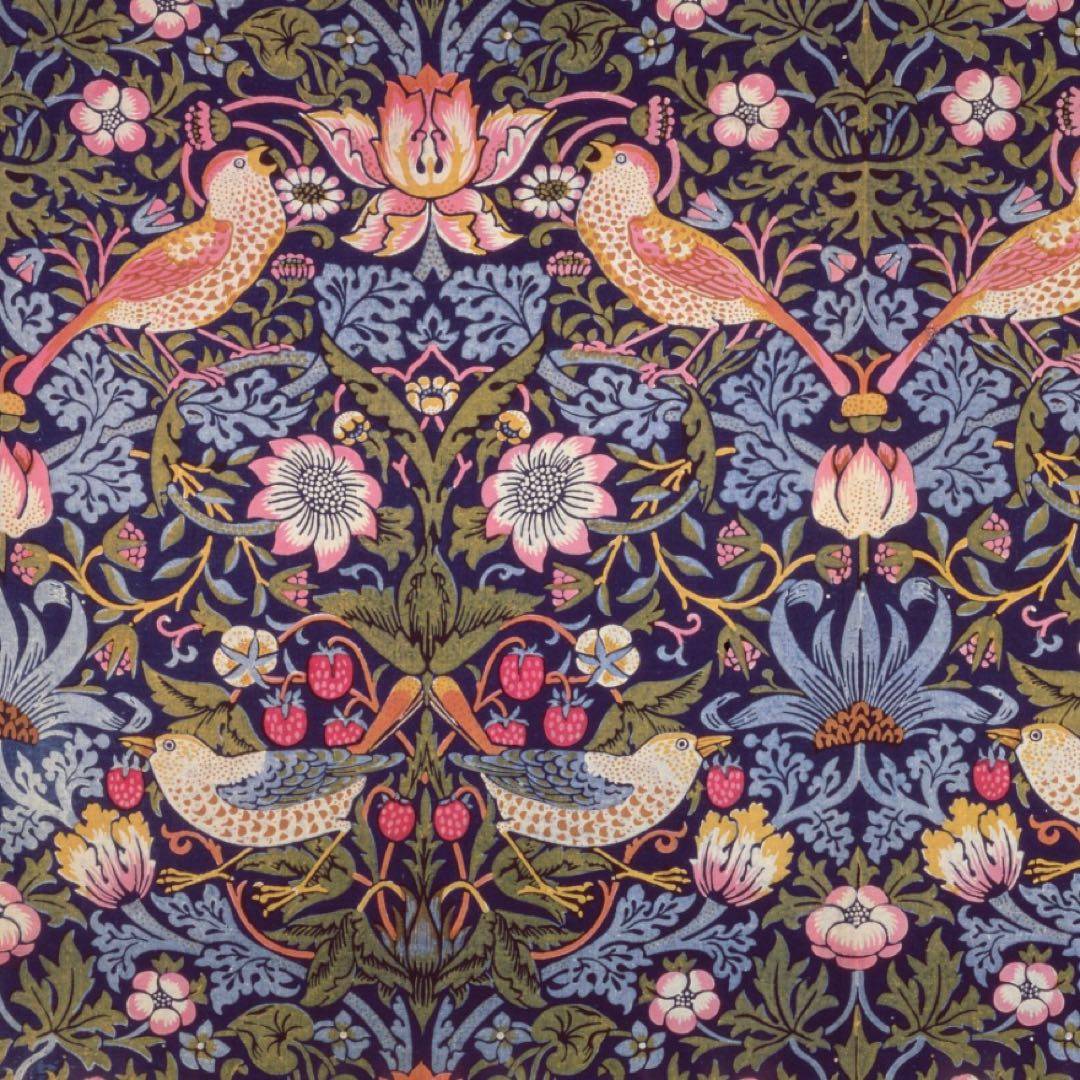
Sameness was anathema to William Morris. What he liked was individuality amidst common purpose, each person as distinctive as flowers in a meadow.
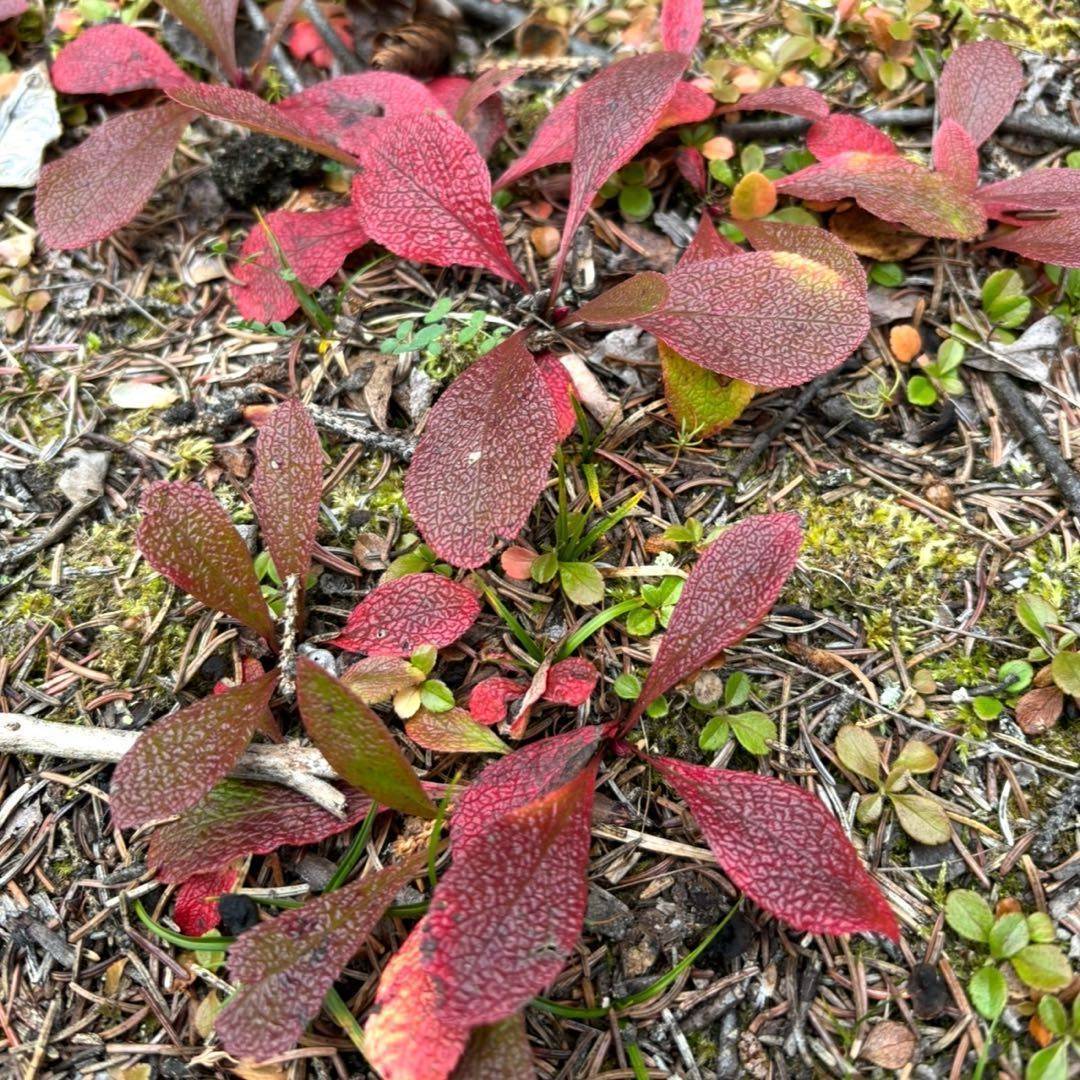
The study of botany was an exercise in looking. It made the ordinary world more intricate and finely detailed, as if I had acquired a magnifying glass that trebled the eye‘s capacity.
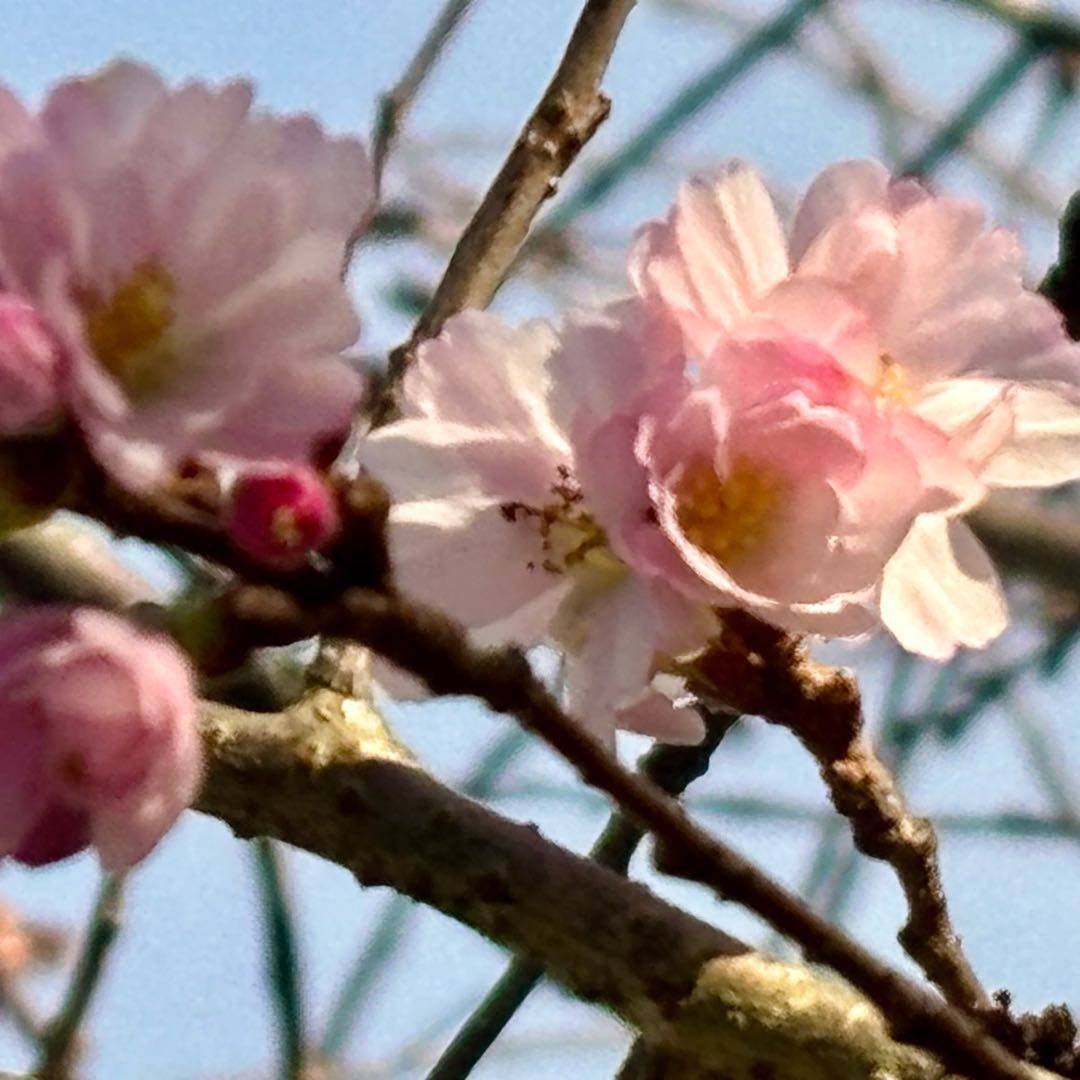
There‘s no point looking for Eden on a map. It‘s a dream that is carried in the heart: a fertile garden, time and space enough for all of us.
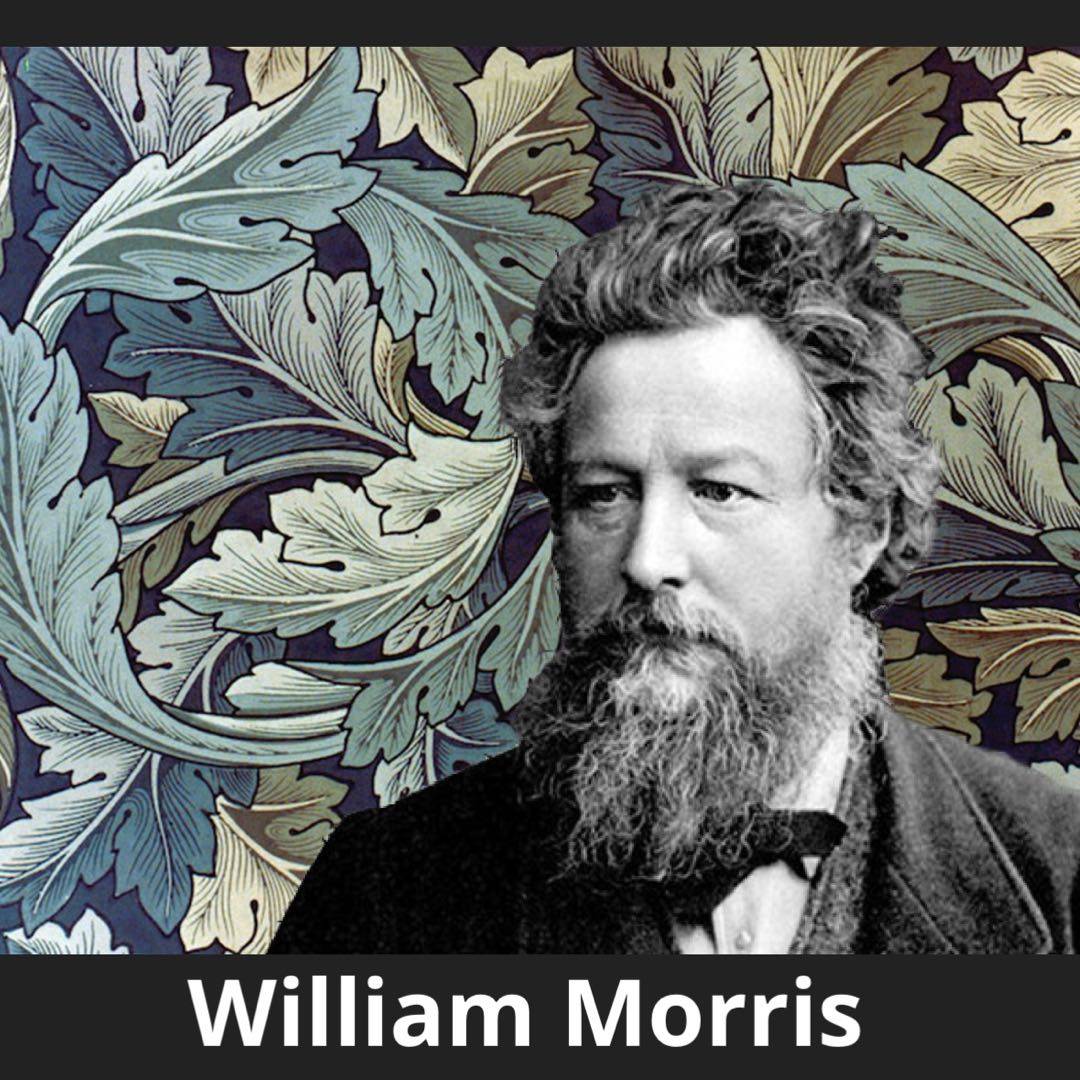
Morris thought everyone‘s environment could be & should be more beautiful. He believed it was people‘s right to live in beautiful, unspoilt, unpolluted places & he thought, like Ruskin, that beauty was not a luxury & that luxurious & unnecessary things were actually unbeautiful, since beauty was so closely aligned to necessity & nature.
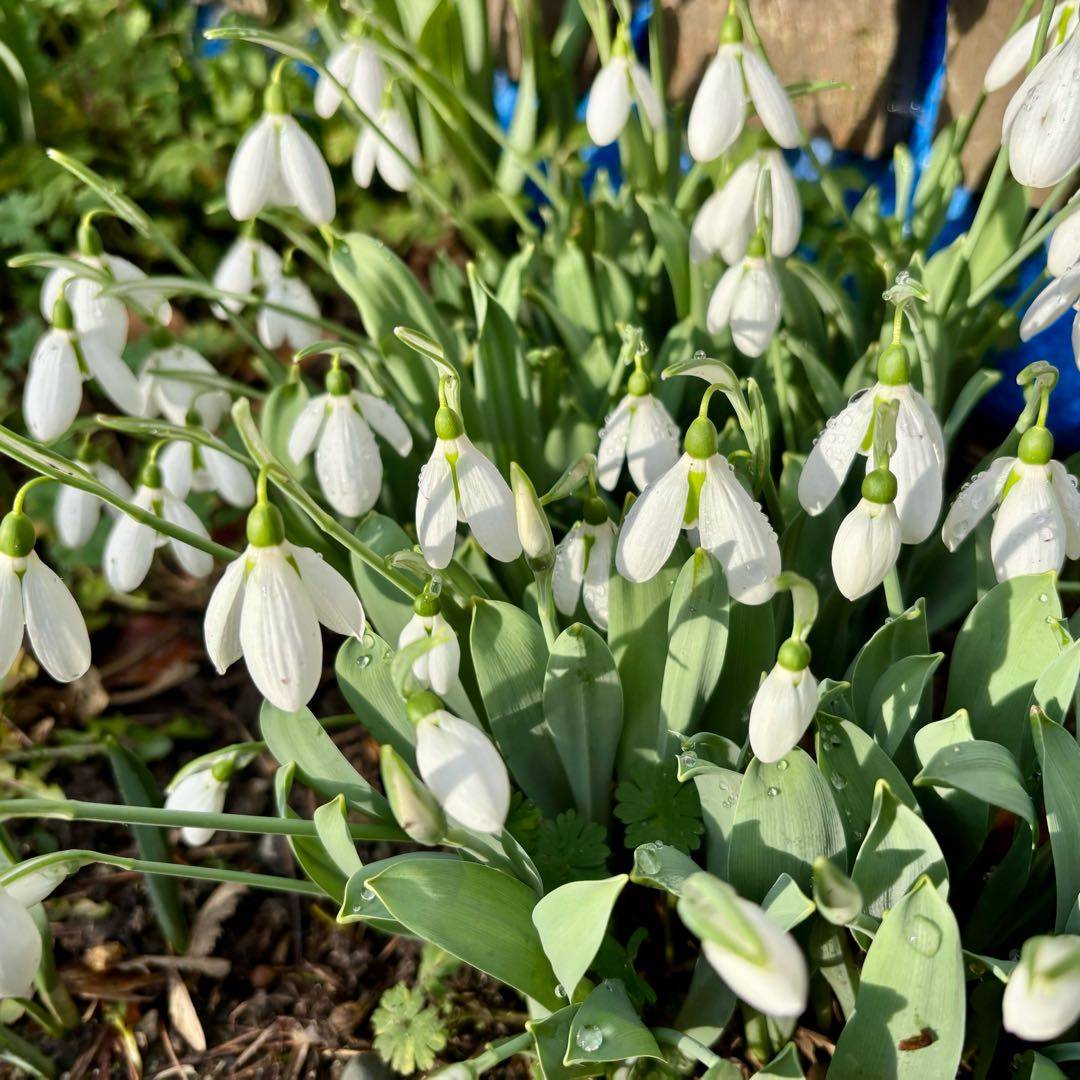
What makes a garden such an important constituent of a utopia? It is neither a farm nor a wilderness, though it can push up hard against either of these extremes. This means it betokens more than just utility, encompassing beauty, pleasure & delight, while remaining emphatically a site of labour as well as leisure, a place to please puritans & sybarites alike.
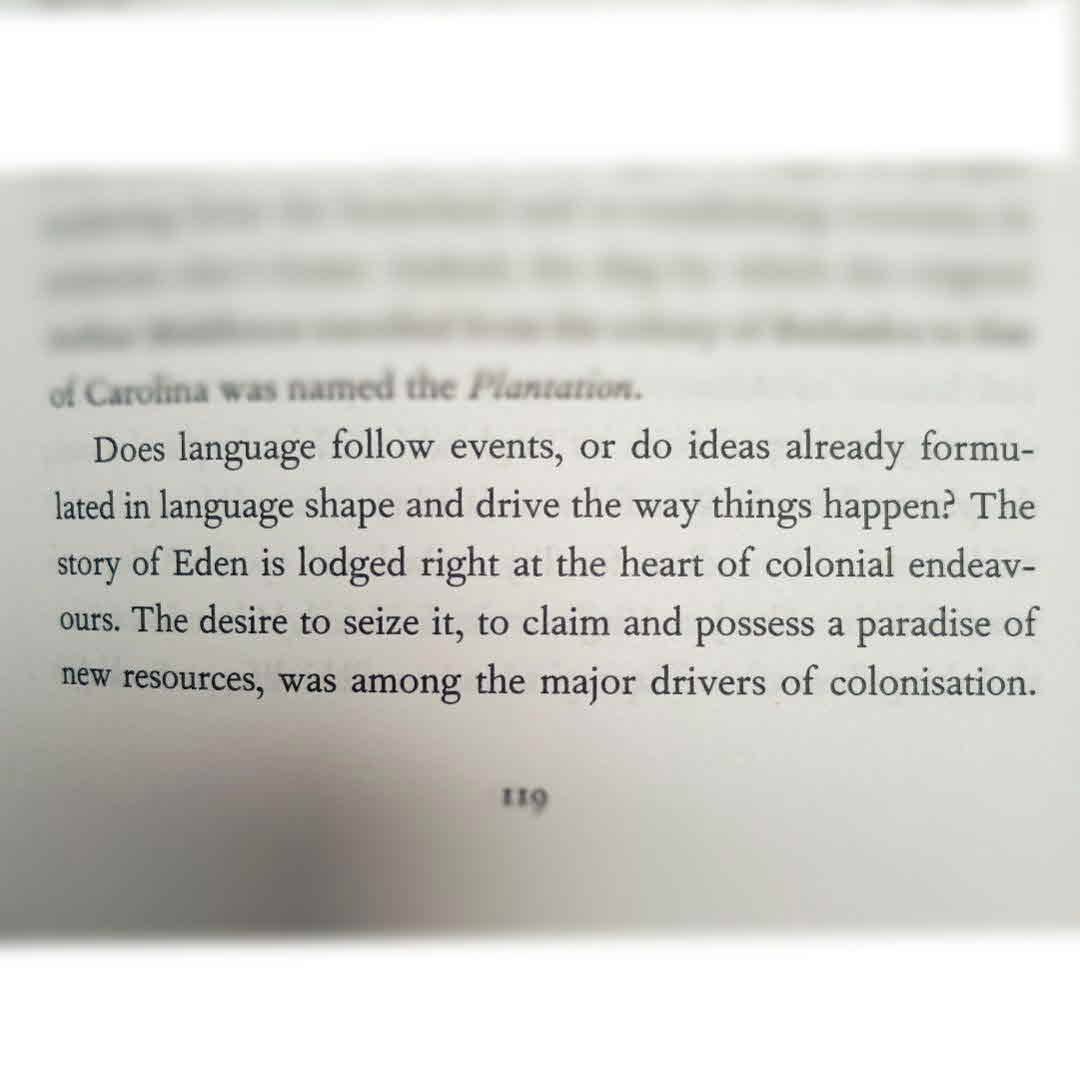
(continued from photo)
But Eden also served as a justification, a God-given excuse note for the brutal work. In the seventeenth century, arguments for colonial expansion regularly drew on Genesis, and God's injunction to man to subdue and have dominion over all creation; an attitude, I might add, that is directly responsible for the perilous state of our planet now.